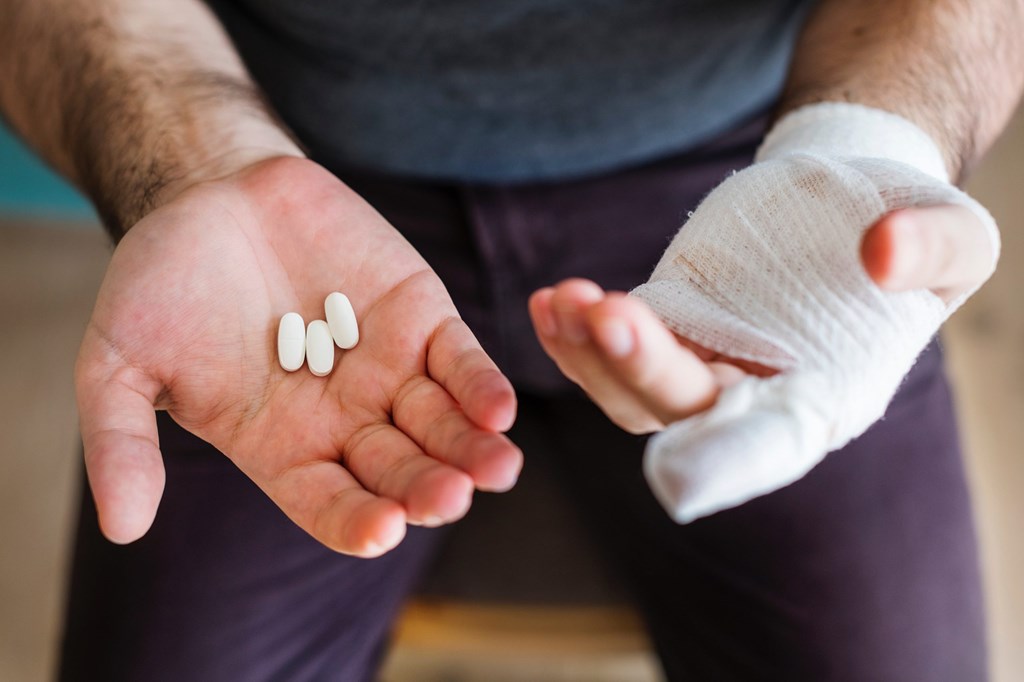When Prescription Pain Meds Go from a Solution to a Problem

How Do I Know if My Use has Become Abuse?
In a recently published blog post, we wrote, “pain medication prescribed by a healthcare provider for short-term pain relief is generally safe.”
“Opioid dependence and addiction are potential side effects, however.”
The feedback from that post has prompted us to delve into the fine line between using and abusing prescription pain medication.
You may be misusing prescription pain medication if you:
— Take more than your health care provider’s prescribed,
— Use the medication to get high, or
— Use someone else’s opioids.
You Are Not Alone If Use Has Become Abuse
NEJM Catalyst, an consortium of health care executives, clinical leaders and clinicians that share innovative ideas and practical applications for enhancing the value of health care delivery, published a dynamic article that states:
“Cindy Steinberg was scared of opioids and never imagined she’d use them. But she also never thought she’d be crushed underneath a large file cabinet and some cubical walls, leaving her with permanent, debilitating back pain. Before she gave up on her career as a business executive, she would lie on the floor to lead meetings and years later can only be upright for an hour at a time.
After 5 years of unsuccessful nerve blocks and other treatments, Steinberg agreed to try an opioid. She took it for 10 years and was able to begin a new career as an advocate for people with chronic pain.”
While Steinberg may not be abusing opioids, the slippery slope leading to addiction is plausible; no human is immune from the crisis.
You Are Not Immune from Becoming Addicted
The same article cites that opioid deaths are at an all-time high with 115 Americans dying every day from an overdose.
According to the Center for Disease Control and Prevention, “overdoses from prescription opioids are a driving factor in the 16-year increase in opioid overdose deaths.
“The amount of prescription opioids sold to pharmacies, hospitals, and doctors’ offices nearly quadrupled from 1999 to 2010, yet there had not been an overall change in the amount of pain that Americans reported. Deaths from prescription opioids… have more than quadrupled since 1999.”
According to the Mayo Clinic, “chronic pain can limit your quality of life and lead to additional, serious health problems. Finding effective treatment is important — as is balancing pain relief with your safety.”
The balance may have tipped the scale toward misuse, or perhaps even addiction, if you partake in any of these activities cited by the National Institute on Drug Abuse:
— Take a medication in a manner or dose other than prescribed;
— Use someone else’s prescription, even if for a legitimate medical complaint such as pain; or
— Take a medication to feel euphoria (i.e., to get high).
The Mayo Clinic wisely suggests, “keep your medication risks to a minimum to improve your odds of many good days for many years to come.”
At New Season, we help many good people who have succumb to opioid use disorder, and we’re standing by to help you if you need us: 1-877-284-7074 or newseason@cmglp.com.

